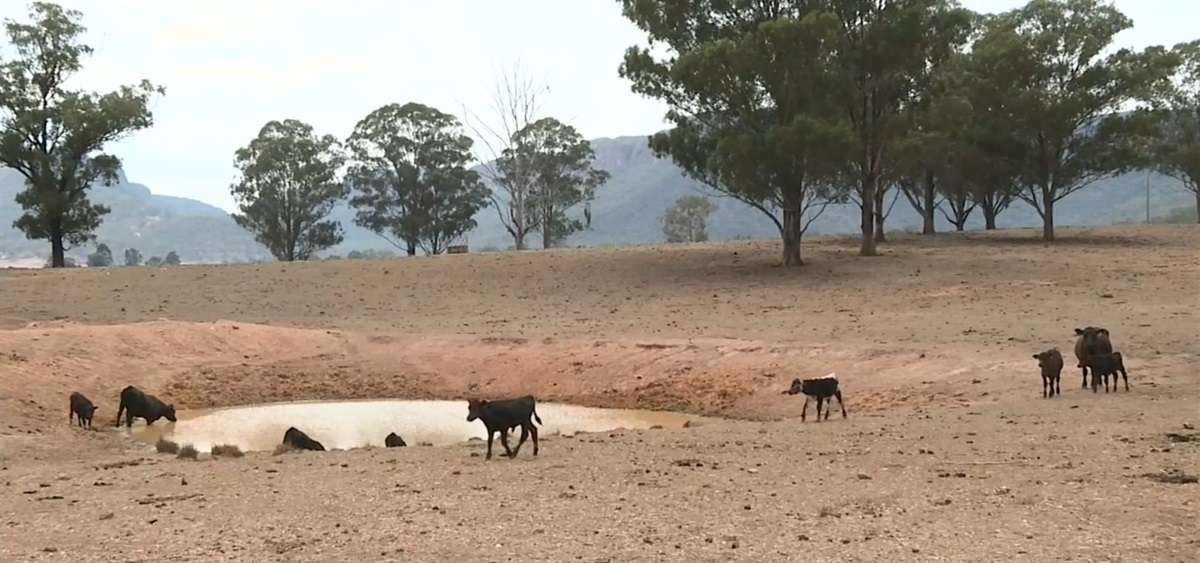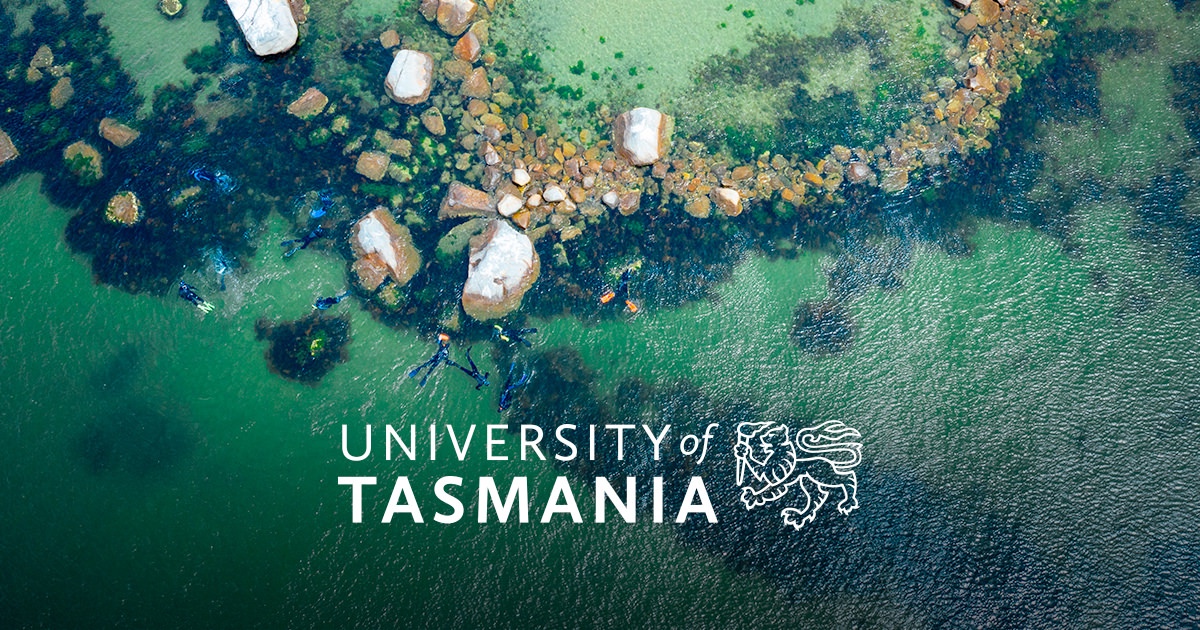Doha – The International Air Transport Association (IATA) called for governments to apply the lessons learned from the dismantling of global connectivity in response to COVID-19 to ensure that future global health threats can be effectively managed without closing borders.
The World Health Organization (WHO) long advised that border closures are not an effective means of managing a global pandemic. Evidence observed during the pandemic proved the point. Most governments ignored this advice, acted in isolation from the industry and other governments, and put in place measures to restrict travel. This collapsed global air connectivity with massive negative economic and human consequences.
Moreover, the restart of global connectivity has been made more challenging because governments continue to favor local solutions over global standards. Constant policy changes by governments left most of the industry little time to prepare for the ramp-up. And international travelers can only see the global effort to manage the pandemic as illogical and poorly coordinated in the face of vastly different policy responses to a common problem.
“It’s vital to restore public confidence in government handling of health crises and border restrictions. Much of the damage was caused not by fear of the virus, but fear of sudden and arbitrary border restrictions imposed by authorities. Understanding the significant lessons from the pandemic will be crucial to managing future health crises in a way that ensures borders should not have to close again,” said Conrad Clifford, IATA’s Deputy Director General.
With air traffic now rebuilding after more than two years of crisis, three key lessons have emerged for governments.
1. Evidence confirms that border measures are not an effective global strategy to control a pandemic
The WHO have long held that closing borders is not a solution to health crises. Evidence supports that view. Research undertaken by OXERA/Edge Health revealed that even if a new COVID variant was discovered and travel restrictions were introduced immediately, this would only delay the peak of infections by a maximum of four days.
Although most major restrictions, such as total border closures and quarantines, have been removed and the world is increasingly open, governments are still making travel unnecessarily difficult. Restrictions such as complicated health paperwork, COVID testing, and mask wearing are still required for travel in some jurisdictions despite these requirements having been lifted in domestic life. The WHO Director General is on record stating, “There is no reason for measures that unnecessarily interfere with international travel and trade. We call on all countries to implement decisions that are evidence-based and consistent.” We support that advice.
2. Governments should balance health measures with economic and social impacts
Though the evidence for restrictions is unproven, the impacts of reduced air connectivity are clear. Politicians therefore must balance the economic and social benefits of air connectivity against the need for health-related travel restrictions.
In 2019, aviation supported nearly 40 million jobs worldwide and underpinned $3.5 trillion of global GDP. And public understanding of the economic importance of air connectivity is high—92% of travelers agree that air connectivity is “critical” for the economy (as measured in the latest IATA passenger survey). During the pandemic, 87% of passengers surveyed (September 2021) agreed that the right balance between managing COVID risks and getting the economy moving needed to be found. Social impacts were also significant. The erosion of travel freedoms meant countless lost opportunities to connect. In the latest IATA passenger survey, two-thirds of people agree that “quality of life suffered due to COVID air travel restrictions.”
“We urge governments to listen to WHO advice on the need to keep borders open. And we are calling for independent research into the effectiveness of policies that balance health measures with the social and economic benefits of air connectivity, with a view to agreeing a set of global recommendations for handling future health crises,” said Clifford.
3. Traveler confidence requires logical rules and clear communication
Public confidence is adversely affected by arbitrary rule-making and poor or contradictory information. But throughout the pandemic, the rules and messaging around border restrictions were confusing and illogical. For example, in January 2022 some 100,000 different measures affecting international travel were in place. Navigating this fragmented system of measures has been confusing for travelers and caused major operational complexities for operators. The IATA passenger survey shows why it is important that governments adopt a consistent approach to travel rules. Some 59% of people still report that ‘understanding the rules was a real challenge’, 57% that ‘paperwork was a challenge to arrange’, and 56% that ‘the travel experience was much less convenient.’
Rules on mask wearing on board are increasingly seen as unnecessary. A majority of passengers now believe that masking should be stopped altogether, or should not be required if it has been lifted for other environments such as offices.
To give the public greater confidence in the predictability of travel, governments should:
- Adopt guidance for how public health measures, once introduced, will be removed
- Simplify and digitize travel bureaucracy and paperwork with common standards and mutual recognition of digital health credentials.
“Already, 71% of travelers believe that they should be traveling as they did before the pandemic. As the return to normal accelerates, we will be back to a world where our biggest concerns focus on the sustainable growth of aviation. But that does not mean that governments and industry should forget the lessons from this pandemic. There will be more global health threats. Applying the lessons of the COVID-19 pandemic to future health crises is the best way to ensure that the sacrifices made by millions of people were not made in vain,” said Clifford.
Lessons Learned from the Pandemic presentation (pdf)








